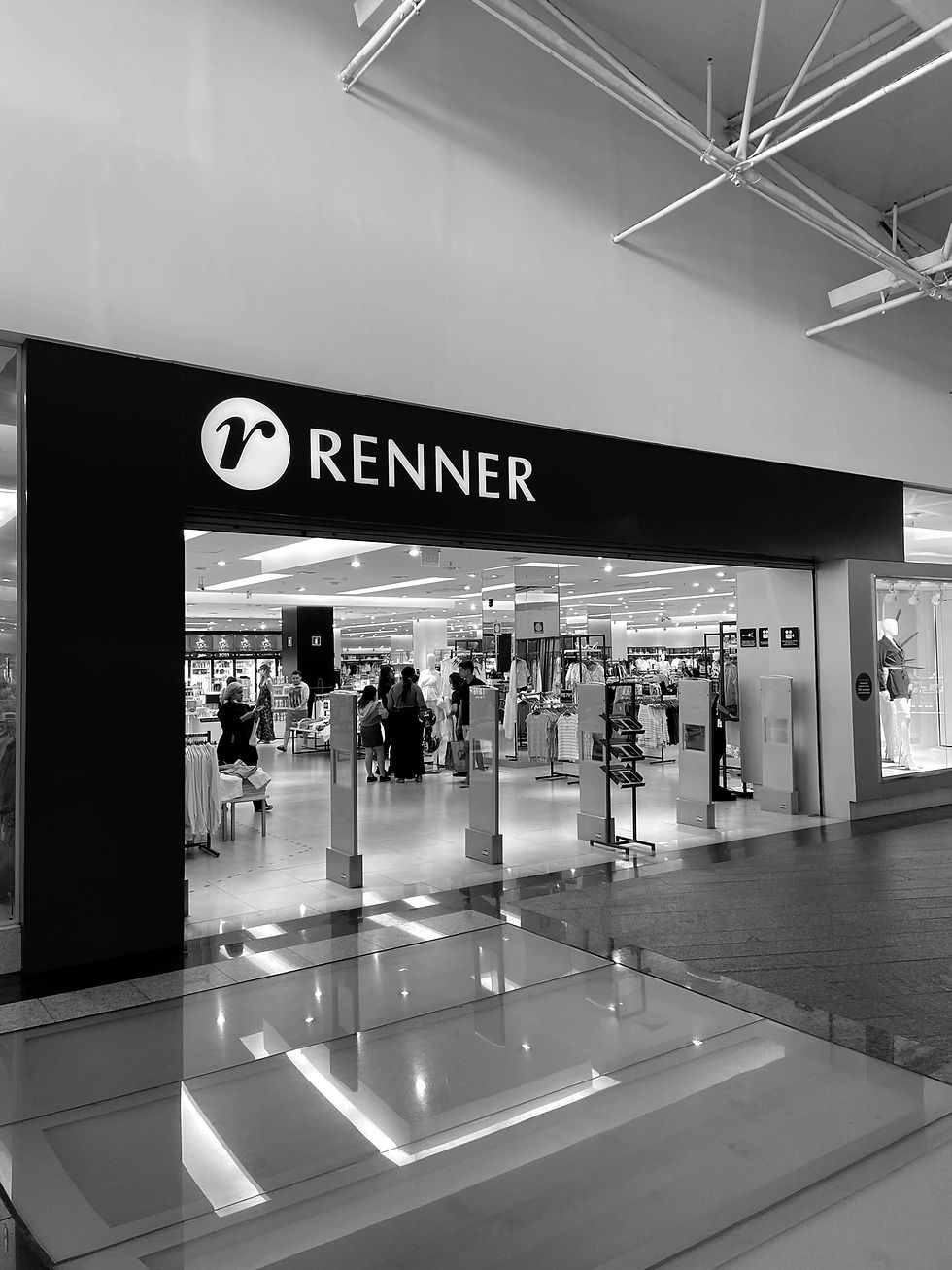Fashion crimes: do you know the difference between plagiarism, copying and forgery?
- Carolina Lago

- Feb 12, 2025
- 2 min read
In the fashion world, original creations are a great asset for brands. However, illegal practices such as plagiarism, copying and counterfeiting are common, and it is essential to understand the differences between these behaviors, especially to protect your brand and avoid legal problems. Let's explore each of them:
1. Plagiarism:
Plagiarism occurs when someone appropriates an original creation and presents it as their own, without giving due credit to the creator. In fashion law, this can happen with the design of clothing, prints, accessories or any other piece that involves intellectual property. Plagiarism is a crime under copyright law, and the author of the original creation can seek compensation for damages suffered.
2. Copying:
Copying involves reproducing a product in a way that is very similar to the original, but without the intention of deceiving the consumer. Copying is often legally permitted, as long as it does not infringe intellectual property rights or cause confusion in the market. However, the line between inspiration and copying can be blurred, and brands must be careful not to get involved in legal disputes.
3. Counterfeiting:
Counterfeiting is a more serious criminal practice, as it involves the illegal reproduction of a brand or product with the aim of deceiving the consumer into believing that they are buying the original product. This type of crime is quite common in the fashion market, especially with luxury items such as handbags, shoes and clothing from big brands. Counterfeiting is a violation of trademark rights, and injured brands can seek severe legal action, including seizure of the counterfeit products and compensation for damages.
Understanding the differences between plagiarism, copying and counterfeiting is essential both to protect your creations and to avoid being unfairly accused. Each of these practices has different legal implications, and the legal treatment will depend on how each case is configured.
It is essential to register your creations and brands to ensure legal protection against plagiarism, copying and counterfeiting. In addition, having specialized legal advice in fashion law can help your brand defend itself and operate safely in the market.




Comments